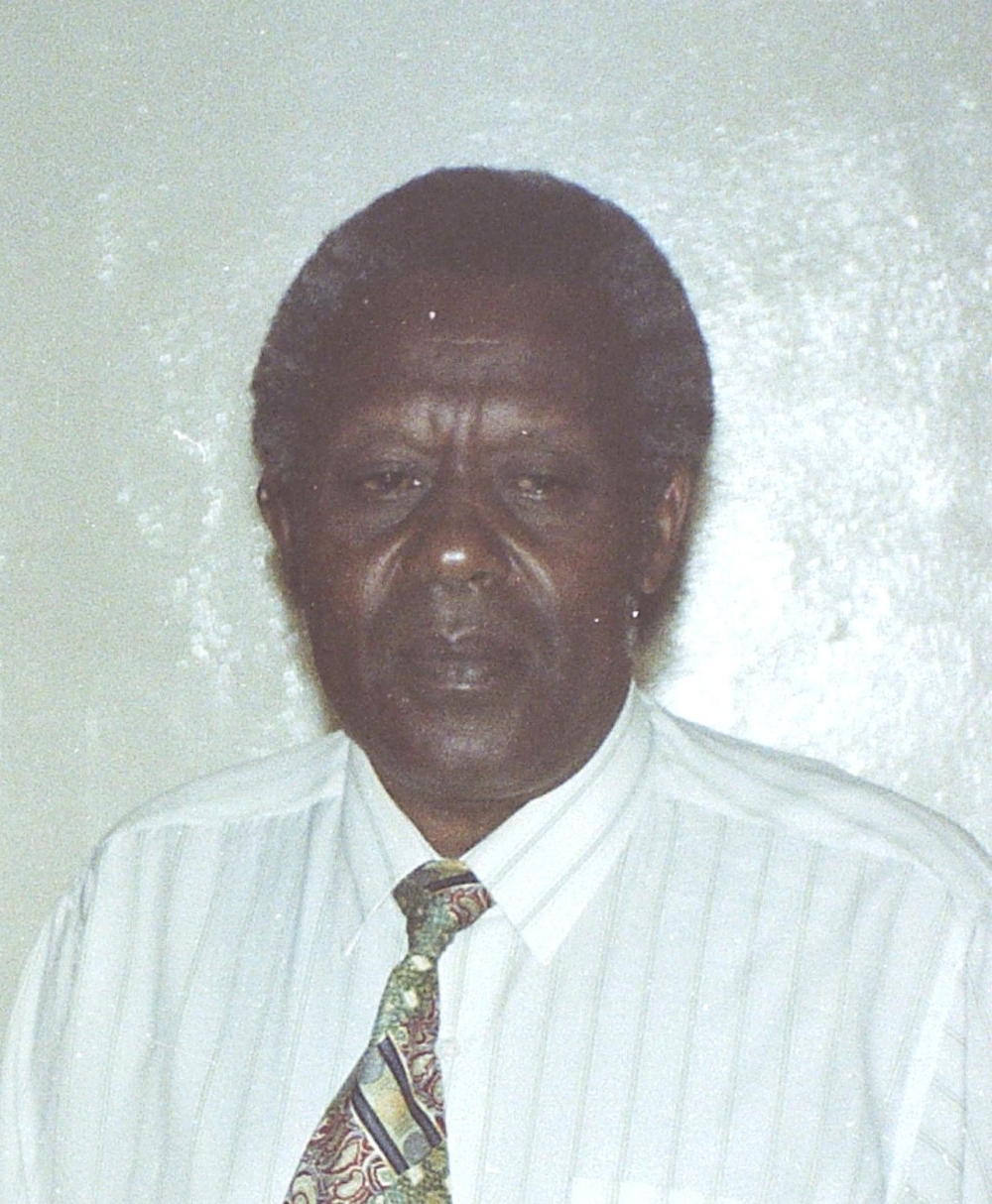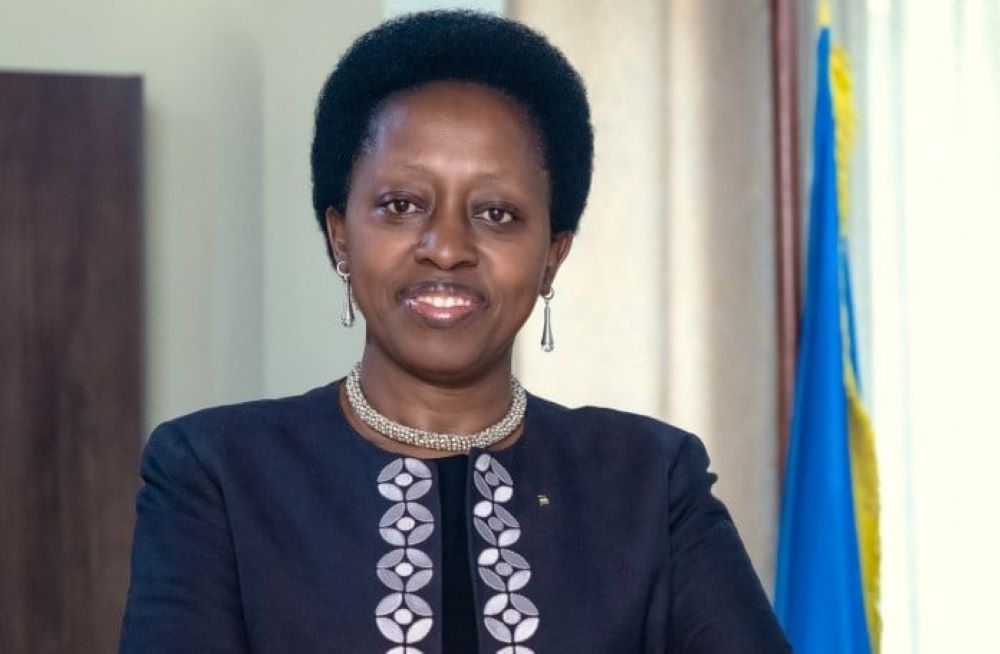Lucky Dube was a reggae artist, born on 3rd August, 1964, in Ermelo, Eastern Transvaal, South Africa. His family was very poor. At the age of 9 Lucky was chosen as library assistant at his school.

Lucky Dube was a reggae artist, born on 3rd August, 1964, in Ermelo, Eastern Transvaal, South Africa. His family was very poor. At the age of 9 Lucky was chosen as library assistant at his school.
His desire to learn about the rest of the world and South Africa’s controversial history had him immediately immersed in the world of literature.
It was here that he became familiar with the Rastafarian religion, discovering it in dictionaries. He also read about the music which is synonymous with Rastafarianism - REGGAE.
His interest grew the more he read and found out, and soon he was working and earning enough money to buy Peter Tosh albums (which were the only Reggae albums available in South Africa at the time).
Lucky Dube began his musical career in 1979 as a singer of Zulu "mbaqanga” music. When he was at school he founded his first band - THE SKYWAY BAND - and raised enough money to buy his first guitar from a stage play he produced.
His talents soon came to the attention of Richard Siluma, who was a distant relative and a record producer, and it was clearly evident to Richard that Lucky had a huge talent and a wonderful potential as a mbaqanga singer.
In 1984, after a number of successful gold albums, Dube made the huge change to "Reggae, which he describes as "the one and only way of sending a message to the masses.
Lucky Dube, commonly called Doobay, delivered some of the greatest reggae songs to hit the airwaves.
"The spirit of Lucky Dube’s music and dance epitomizes the spirit of Black liberation,” said Village Voice. With his vibrant music he kept the struggles of the people of South Africa in the thoughts of audiences the world over.
Dube became the best-selling artist in all of Africa during the 1980s and ‘90s, and gained popularity in North America, the Caribbean and Europe.
He produced nine highly successful reggae albums, including the multi-platinum released House of Exile and Victims.
His poetic appetite addressed such issues as the political realities of his country, racial misconceptions, women and children living in poverty, and affairs of the heart.
Lucky Dube was not only a friend to South Africa, he was a friend to the world. Dube was a great lover of young people, especially children.
Regardless of the age, Dube’s songs are liked by most of the people in the world. Lucky Dube, may you rest in peace.
Ends




